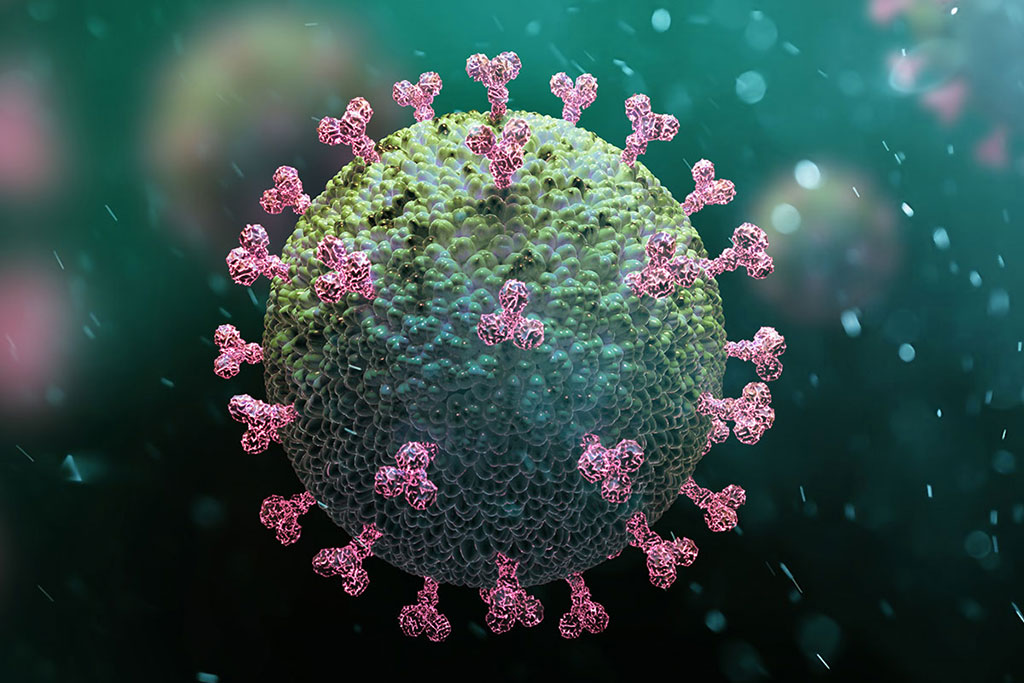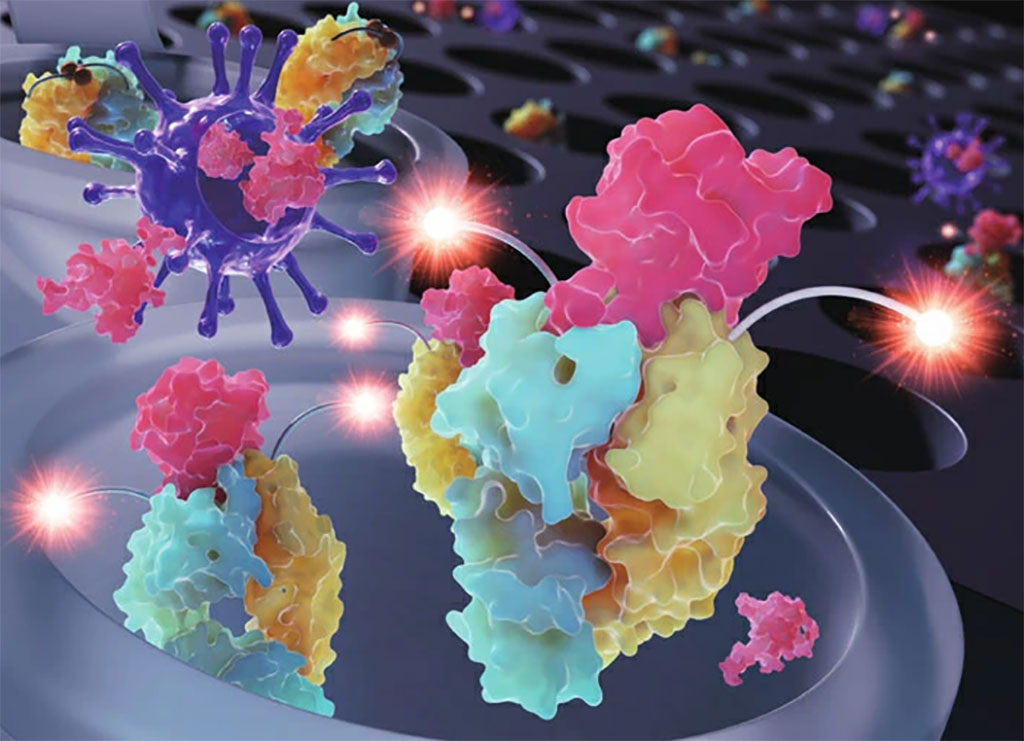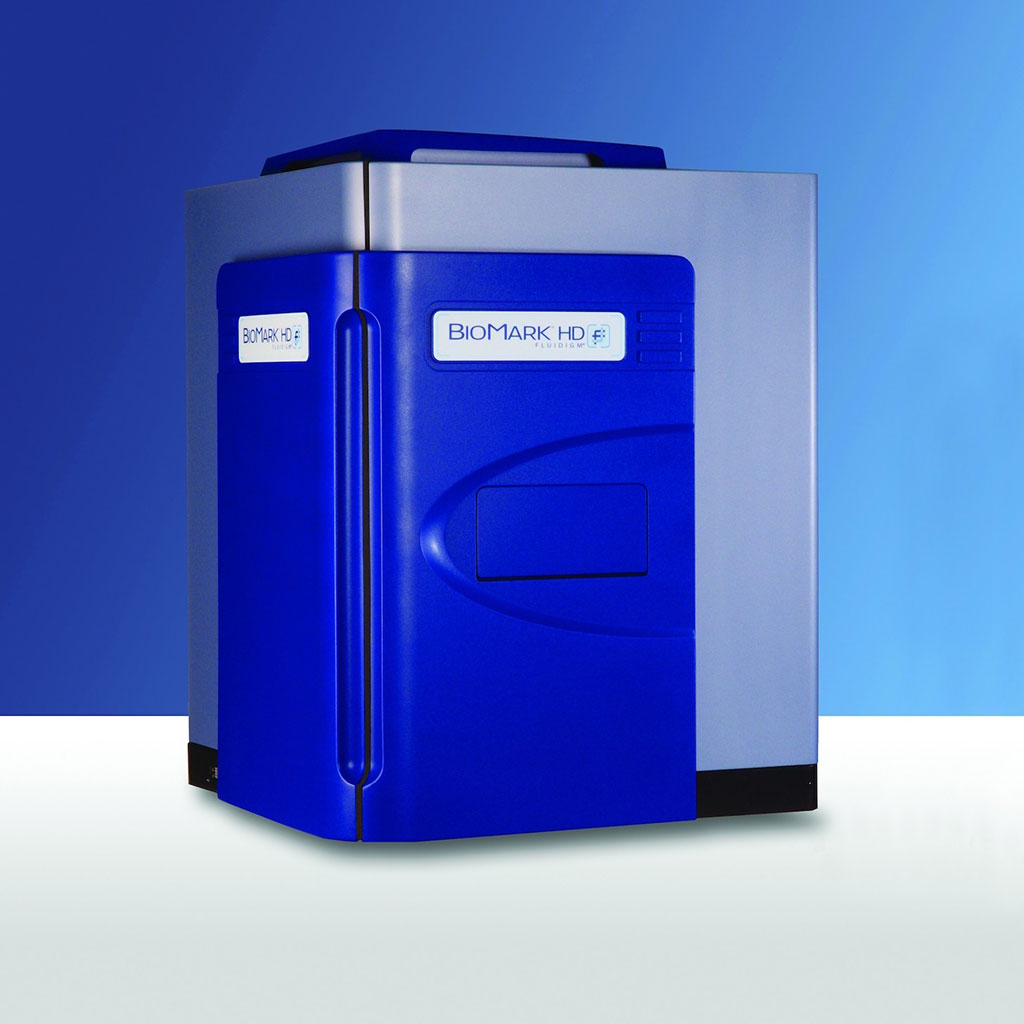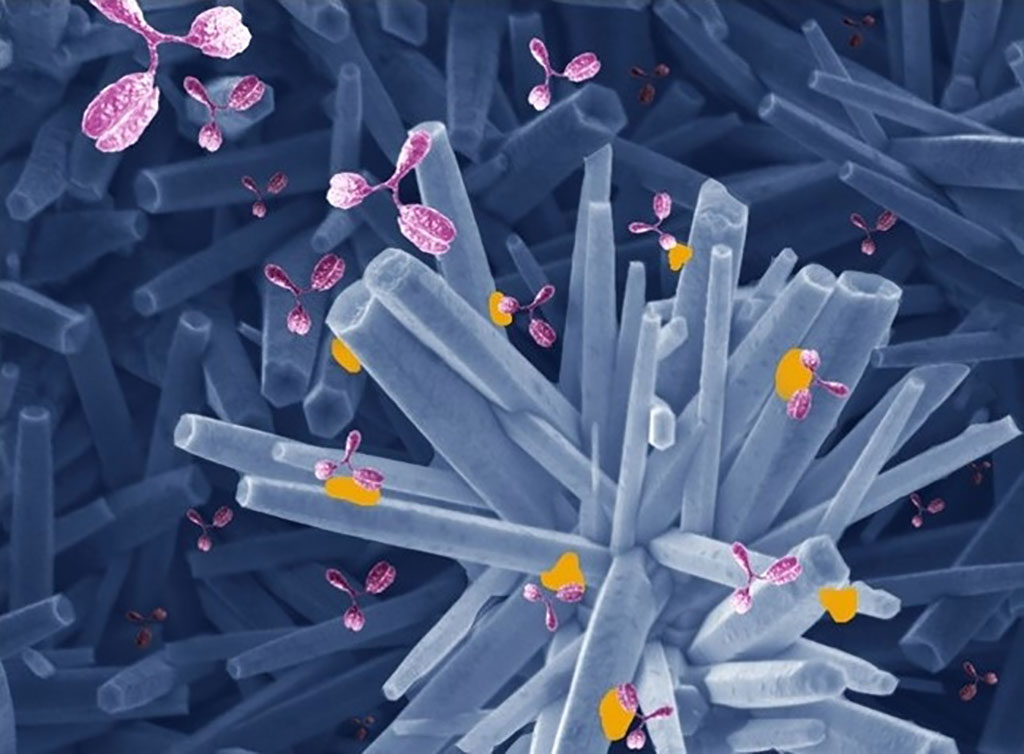World's First Paper-Based COVID-19 Test Could Be Game-Changer for Coronavirus Testing
By LabMedica International staff writers
Posted on 15 Oct 2020
An inexpensive paper-based COVID-19 test that could give fast results similar to a pregnancy test can become a game-changer for coronavirus testing.Posted on 15 Oct 2020
Researchers at the CSIR-Institute of Genomics and Integrative Biology (IGIB New Delhi, India) have developed the world's first paper-based COVID-19 test that uses cutting-edge CRISPR (Clustered Regularly Interspaced Short Palindromic Repeats) technology for detection of genomic sequence of the novel coronavirus. The technology was conceived and developed under a sickle cell mission and utilizes an indigenously developed cutting-edge CRISPR-Cas9 technology to specifically recognize COVID-19 sequence in a sample. A combination of CRISPR biology and paper-strip chemistry leads to a visible signal readout on a paper strip that can be rapidly assessed for establishing the presence of the viral infection in a sample. The test, named Feluda - an acronym for FNCAS9 Editor-Limited Uniform Detection Assay - after a famous Indian fictional detective, would return results in under an hour and cost less than USD 7.

Illustration
Feluda is expected to address the urgent need for accurate mass testing because of its affordability, relative ease of use and non-dependency on expensive qPCR (quantitative polymerase chain reaction) machines. Feluda is being brought out of the lab and made available for wide use by a leading Indian conglomerate, Tata Sons, which has signed an MoU with CSIRIGIB to license the know-how. The MoU with Tata Sons allows for scaling up this knowhow in the form of a kit that can be deployed for testing on ground.
“This innovative ‘Feluda’ test uses cutting-edge CRISPR technology for detection of genomic sequence of the novel coronavirus. It uses a test protocol that is simple to administer and easy to interpret, enabling results to be made available to the medical fraternity in relatively lesser time as compared to other test protocols,” said Banmali Agrawala, president, Infrastructure and Defence and Aerospace, Tata Sons. “We believe that CRISPR is futuristic technology that can also be configured for detection of multiple other pathogens in the future.”
Related Links:
CSIR-Institute of Genomics and Integrative Biology (IGIB)














